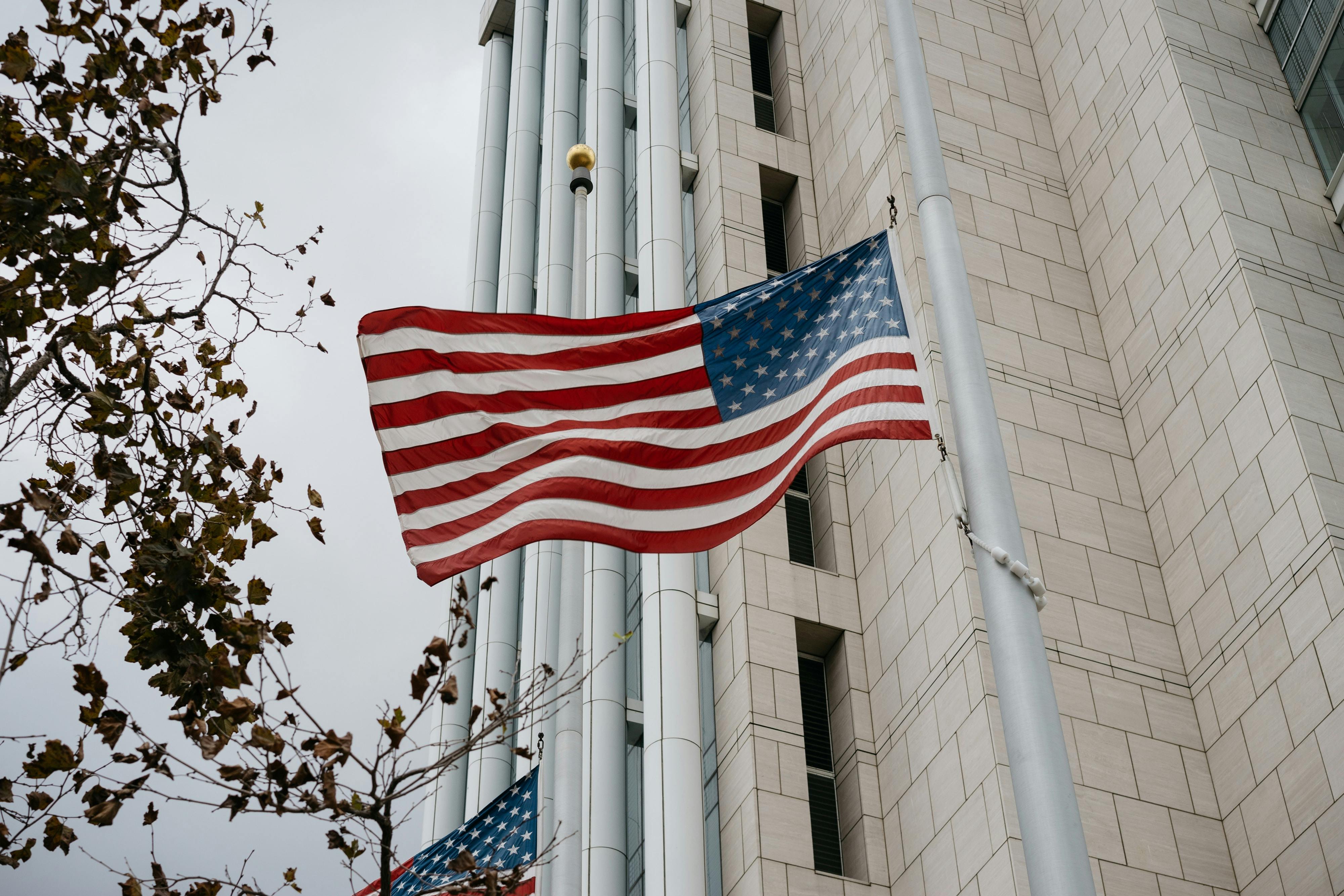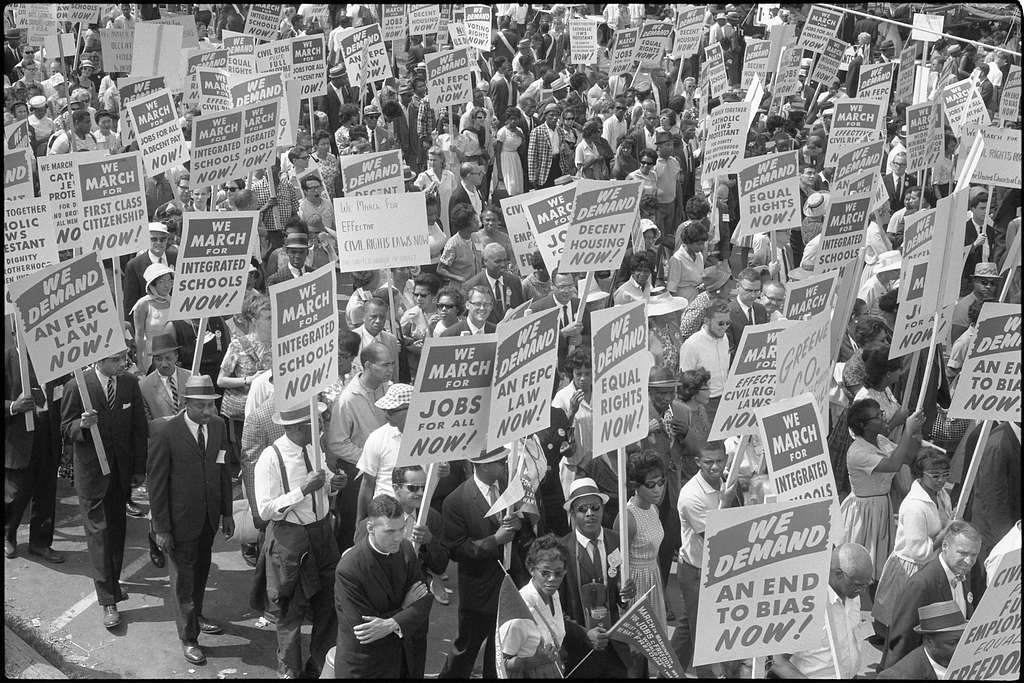Colorado Supreme Court Trump Disqualification Reaches the U.S. Supreme Court
On Dec. 27, the Colorado Republican Party asked the U.S. Supreme Court to review the Colorado Supreme Court’s Dec. 19 ruling that former President Donald Trump is disqualified from holding the office of the presidency and therefore cannot be listed as a candidate on the presidential primary ballot in Colorado. Judges in the Centennial State were the first in the country to rule that Trump’s role in the Jan. 6 attack on the Capitol disqualifies him from running for high office again under Section 3 of the 14th Amendment—an argument under consideration by courts across the nation.
The petition, if granted, could put before the Court the high-stakes question of whether Trump is eligible to run for president in 2024.
The Colorado Republican Party, which was an intervenor-appellee in Anderson et al. v. Griswold, argued that the Court should grant the petition because the president is not an officer of the United States covered by Section 3’s disqualification provision; because Section 3 is not self-executing; and because the Colorado Supreme Court’s decision violates a First Amendment “associational right” of the Colorado Republican Party to choose its own political candidates.
On Dec. 28, the respondents—Norma Anderson and the other voters represented by advocacy group Citizens for Responsibility and Ethics in Washington—motioned for an expedited briefing on the petitions for writ of certiorari and for an expedited merits briefing, if the Court grants the petitions. Citing the upcoming election calendar, the respondents asked for a schedule that would see oral arguments on Jan. 19, 2024.
The Colorado Supreme Court’s 4-3 majority arrived at its decision in Anderson et al. v. Griswold based on the following interpretations of Section 3 as applied to Trump’s conduct:
Section 3’s disqualification provision is self-executing; it does not require legislation to take effect.
The question of Trump’s qualification is a justiciable one and is not precluded by the political question doctrine.
The office of the President is covered by the “officer of the United States” language of Section 3. It reversed the district court’s determination.
The district court did not err in concluding that the events at the U.S. Capitol on Jan. 6, 2021 constituted an “insurrection” and that Trump “engaged in” that insurrection.
It found that Trump’s speech on the Ellipse is not First Amendment-protected speech.
The Colorado Republican Party’s petition for certiorari automatically extends the Colorado Supreme Court’s initial stay of its decision. As a result, Trump will remain on the ballot for the state’s primary on March 5, pending further action by the Supreme Court.
You can read the Colorado Republican Party’s petition to the Supreme Court here or below. You can read the respondents’ motion here. Find both below and also on Lawfare’s Section 3 Trump Disqualification Tracker.





